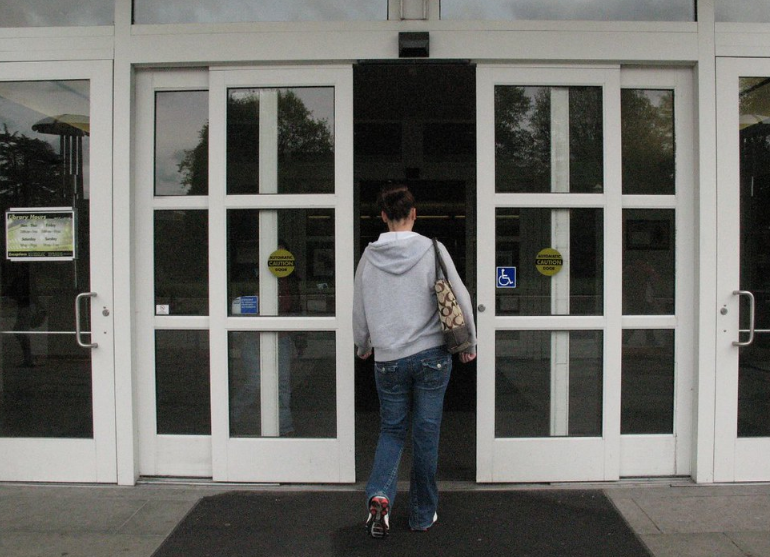 You may have seen automatic doors at shopping malls or other public areas. They provide convenient, easy access for disabled people, energy efficiency and security.
You may have seen automatic doors at shopping malls or other public areas. They provide convenient, easy access for disabled people, energy efficiency and security.
They can also help reduce heating or cooling costs by preserving conditioned air. By removing the need to touch shared objects like door knobs, they can also stop the spread of pathogens.
Cost
There are a wide range of options for automatic doors. They come in swinging, sliding and folding configurations and various finishes, designs, and colors to suit any building’s needs. While they may have higher upfront costs than manual doors, they can frequently save you money by lowering maintenance costs and energy bills.
In addition to cost savings, these automatic doors New Jersey can help preserve conditioned air and reduce heating or cooling bills. They also offer touchless entry, which helps prevent the spread of germs. They’re necessary for businesses that rely on foot traffic, such as grocery stores or hospitals.
These doors are powered by either a pneumatic cylinder or an electromechanical operator. Pneumatic systems use an air compressor and a pressure system routed to each entry. At the same time, electromechanical operators have everything in one package and operate on an AC power source. These doors are commonly used in shopping malls, hospital entrances and office buildings.
Durability
Whether you have sliding, swinging, revolving, or folding automatic doors, it is important to keep them properly maintained. These door systems can be quite complex, and when not properly maintained, they can exhibit dangerously high forces known to cause severe injuries.
Safety sensors must be able to detect obstacles in the door’s path and prevent it from closing on them. These may use infrared, laser, or microwave technology to see a person’s presence. There are also activation sensors in place of a push button that can trigger the door to open by detecting key cards or fobs.
It is important to check that the sensors work correctly during routine maintenance. Having them inspected regularly and more frequently during heavy usage is recommended. Check for any obstructions and ensure all required safety signs and mats are in place and clear of debris. Also, be sure that the closing rate is not getting faster or slower than normal.
Energy efficiency
The use of automatic doors reduces energy costs by limiting the amount of time the door is open. This also helps prevent heat loss and air conditioning wastage.
Most commercial, office, and multifamily residential settings have automatic doors to increase accessibility and convenience for guests, tenants, students, and employees. These doors work: a sensor detects when someone is in front of the door and sends a signal to the operating mechanism, which then opens the door.
There are many automatic doors, including sliding, swinging, and revolving. Choosing the right option for your setting will depend on how frequently you expect the doors to be used and whether they need to be able to open both inward and outward or only one way.
Most automatic doors come with a system that uses sensors to detect a change in pressure or weight. This ensures that the door won’t close on anyone and can be triggered by any device that can communicate with the sensor system, such as a contactless keycard or mobile app.
Security
Automatic doors help property owners offer visitors, tenants, and staff a welcoming, convenient, and secure entry experience. They also enhance the aesthetic of the building and provide a more modern touch that helps it stand out from the competition.
However, there are many things that property owners, developers, and architects must consider when implementing these systems. They must understand the potential risks and work to minimize them, whether during the installation or day-to-day use stages.
This can be done by integrating them with security systems, allowing only those with access credentials to trigger the operating mechanism. This helps prevent unauthorized entry and reduces the risk of “tailgating,” where a person slips in behind someone with access. The door can also be programmed to close immediately after someone passes through, reducing the chance of a security breach. This is particularly useful for buildings that handle sensitive information or valuable assets. It also reduces the spread of germs by allowing people to avoid touching door handles.






